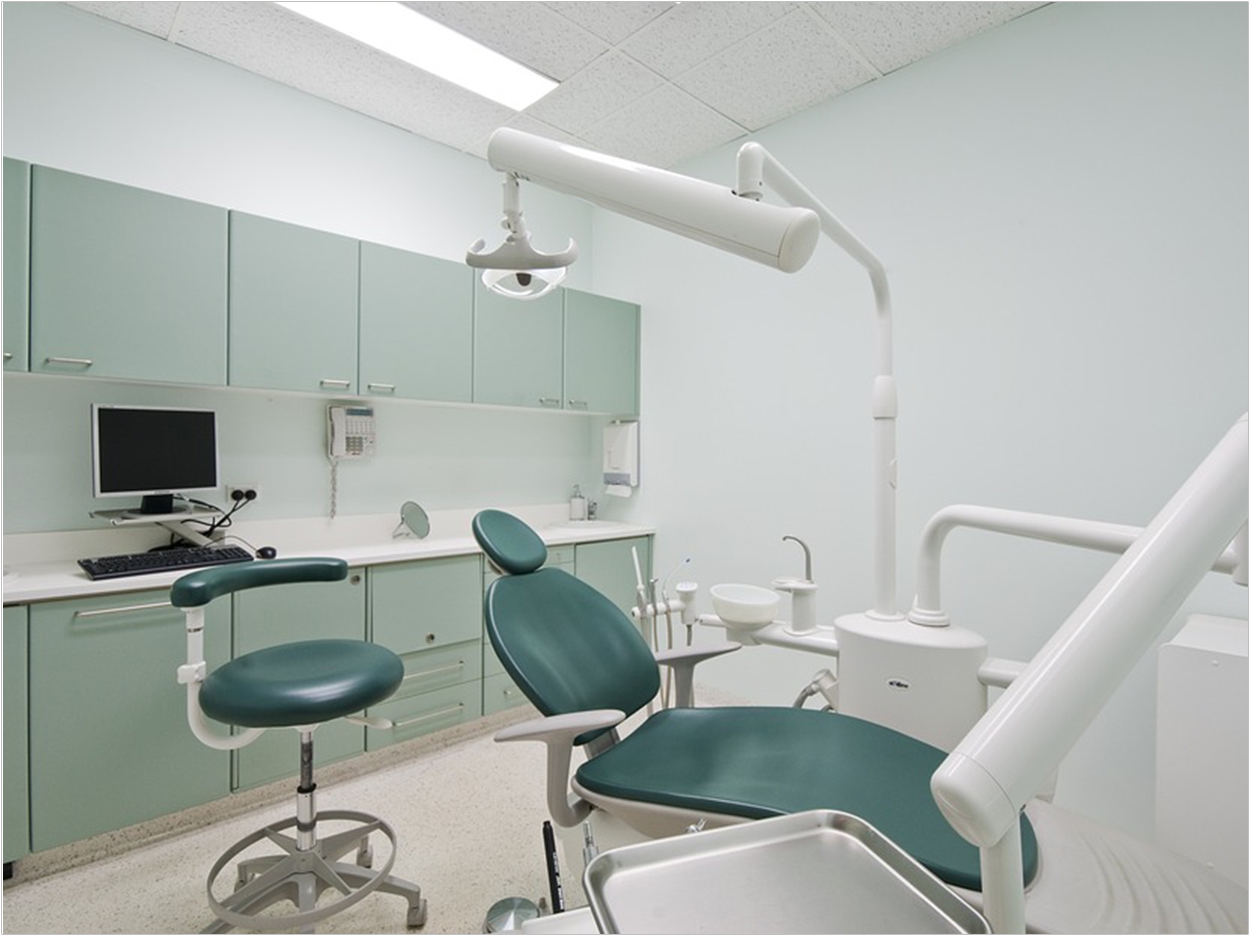
The COVID-19 pandemic dramatically reduced access to primary care worldwide, including oral healthcare, especially for those who already were disproportionately at risk for the disease, according to a report by the Harvard Center for Primary Care (HCPC), the CareQuest Institute for Oral Health, and the Milbank Memorial Fund.
The organizations teamed up to analyze primary care trends over the course of the pandemic from top healthcare leaders, they said. Their report recommends a range of strategies for primary care clinical teams, healthcare industry leaders, and policy experts to improve access to high-quality primary care, accelerate transitions to alternative forms of care delivery, and address health disparities.
The authors of the report sought to uncover and provide a deeper understanding of:
- How access to high-quality primary care is being preserved or improved during the pandemic
- Which primary care practice challenges and responses during the pandemic provide opportunities for accelerating transitions to alternative care delivery models including virtual care and value-based payments for population health
- Specific care strategies that can best address health disparities highlighted or heightened by the pandemic
“Primary care suffered greatly at the hands of COVID-19. In-person visits were eliminated nearly everywhere, loss of revenue threatened the survival of several, especially small, primary care practices, and concerns about exposure to the virus kept at-risk patients from seeking primary care services for months,” said HCPC director Russ Philips.
“This has exposed disparities that have long existed in healthcare and are deeply rooted in structural racism, poverty, and other social determinants that disproportionately impact marginalized communities,” said Philips. “This is why we partnered with some of healthcare’s most brilliant minds to identify opportunities to best advance primary care in support of health equity.”
Oral health is a critical yet often disregarded aspect of primary care that was particularly impacted by the pandemic, the researchers said. More than 6 million adult Americans lost their dental insurance due to the pandemic, CareQuest said, and nearly two thirds of them had a symptom frequently linked to oral diseases. Many others canceled or put off preventive care over the past year, with nearly four in 10 delaying care because of concerns ranging from cost and a lack of insurance to risk of exposure to the virus.
“Oral healthcare is a significant, yet overlooked, driver of health disparities,” said Dr. Myechia Minter-Jordan, president and CEO of CareQuest.
“The communities hit hardest by the pandemic are those that have historically faced structural barriers to accessing dental care, including low-income communities, rural communities, and communities of color. Americans in poverty are 2.5 times more likely to have an unmet dental need due to lack of insurance, and Black adults are 68% more likely to have an unmet dental need than White adults,” Minter-Jordan said.
“Moreover, oral health providers working to meet the needs of these patients and communities in the midst of the pandemic have experienced financial and operational challenges that affect their ability to reliably provide care,” she continued. “The research and analysis by leading experts in primary care and oral health included in the report offer practical solutions for a better, more equitable healthcare system moving forward.”
The chapters of the report focused specifically on oral healthcare are available online.
Related Articles
Report Predicts Surge in Oral Healthcare Demands Due to the Pandemic
Asian Americans Face Oral Health Disparities
Report Urges Collaboration Between Oral and Primary Care Providers












